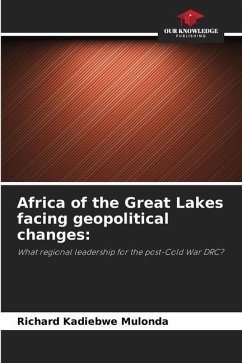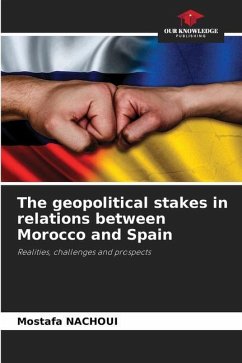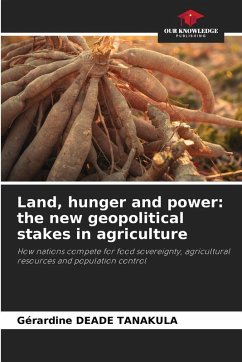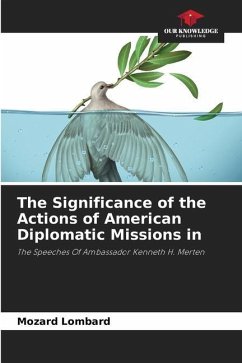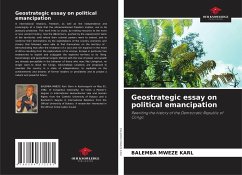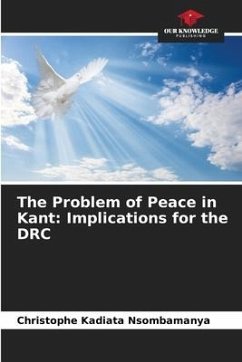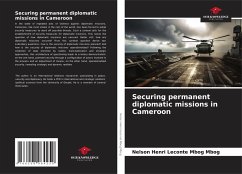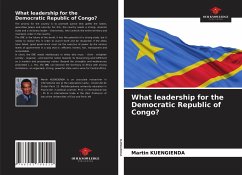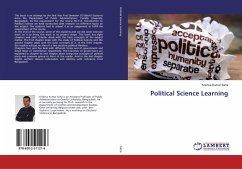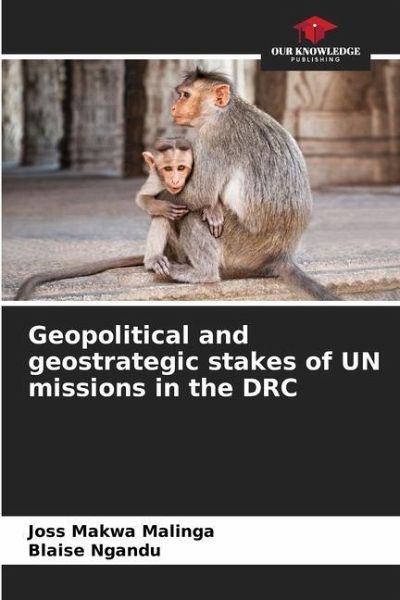
Geopolitical and geostrategic stakes of UN missions in the DRC
Versandkostenfrei!
Versandfertig in 6-10 Tagen
27,99 €
inkl. MwSt.

PAYBACK Punkte
14 °P sammeln!
Since gaining independence in 1960, the Democratic Republic of Congo has been, and continues to be, subject to various crises that have led to the establishment of three United Nations missions. The first mission was conducted from 14 July 1960 to 30 June 1964, during the Congolese crisis, with a mandate to protect the country against external aggression. At its 873rd meeting, the UN Security Council, in Resolution 143, asked Belgium to withdraw its troops, authorising the deployment of 20,000 peacekeepers who carried out robust operations during which the UN lost 109 peacekeepers and the UN S...
Since gaining independence in 1960, the Democratic Republic of Congo has been, and continues to be, subject to various crises that have led to the establishment of three United Nations missions. The first mission was conducted from 14 July 1960 to 30 June 1964, during the Congolese crisis, with a mandate to protect the country against external aggression. At its 873rd meeting, the UN Security Council, in Resolution 143, asked Belgium to withdraw its troops, authorising the deployment of 20,000 peacekeepers who carried out robust operations during which the UN lost 109 peacekeepers and the UN Secretary General, Dag Hammarsk Jöld, was killed while on a negotiating mission in Katanga. As we have just seen, you will agree with us that ONUC, MONUC and MONUSCO have been and continue to be involved in the geopolitical and geostrategic issues of the UN peacekeeping missions in the Democratic Republic of Congo, which you will find out more about in this work.



